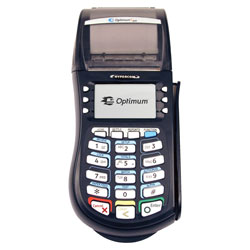July 28th, 2008 by Jamie Estep
What do you really need in a merchant account?
Filed in: Merchant Accounts | 7 comments
A few weeks ago I had the opportunity to have lunch with the owner of one of the largest online retailing websites in the world. He was looking for a new company to process with, and brought up some good points that I think can really help business owners looking to accept credit cards.
As far as processing goes, what is important to a business doing $10M+ per month?
- It needs to work, period!
- God forbid something does go wrong, it needs to get fixed, fast!
- A “fair” price!
It needs to work!
There’s no question that cost is not important if your processing system is not working. A processing system needs to work fast, be completely seamless, and should not have problems, ever…
Ideally a business would not even know they have a merchant account would it not be for that monthly statement.
An invisible merchant account is a good merchant account!
If something does go wrong, it needs to get fixed, fast!
When a second of downtime can cost thousands of dollars in missed revenue, any problems in a credit card processing system needs to be fixed without delay. While service availability and processing connectivity issues should not be a problem, nothing is 100% guaranteed.
Businesses need to know that someone is always there to fix any unforeseen issues, immediately.
I am getting a “fair” price!
It’s not important to get the lowest price on earth, but if someone else costs 25% less, there’s a problem. A quality service costs money, but is also competitively priced. Cost should be low enough that a business owner doesn’t immediately consider switching when someone comes along with something a little lower. The quality of service should make up for any minor differences in price.
Conclusion – the perfect merchant account – The perfect merchant account is competitively priced and stays that way. Regardless of the processing method, it does not have problems with connectivity or in getting a business the money that they process. There must be someone on the other end of a phone, ready to correct any problem that should happen to arise, and problems should be rare. Does your merchant account work this way?
A business owner has better things to do than worry about their merchant account!






